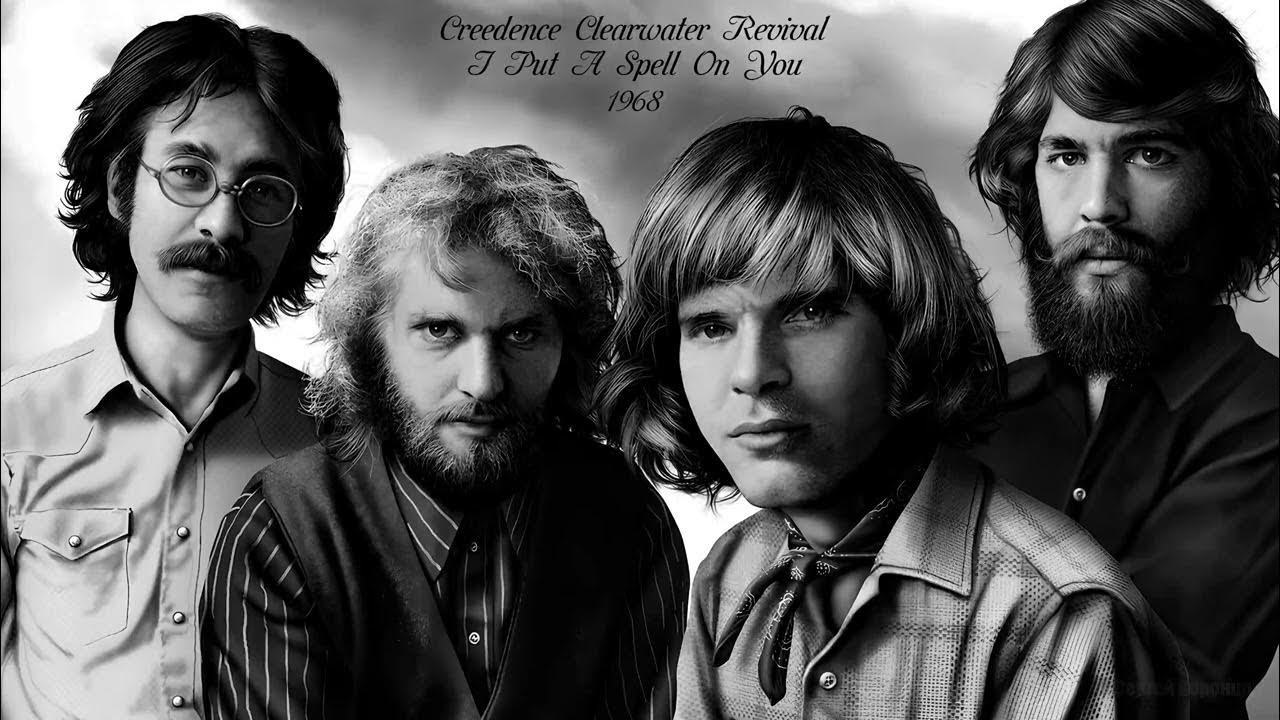
“Born to Move” is CCR’s hidden manifesto: the body’s need to go—to dance, to roam, to shake off whatever weighs the spirit down.
For all the radio monuments Creedence Clearwater Revival built between 1969 and 1971, “Born to Move” remains one of their most revealing deep cuts—because it isn’t trying to be a hit. It’s the sound of a great American band, already famous, choosing to stretch out and feel its way into a slightly wider musical room. The track opens side two of Pendulum—released in December 1970 by Fantasy Records (most commonly dated December 9, 1970)—and it runs about 5:39 on the original listing.
That placement matters. Pendulum arrived as CCR’s sixth studio album in three years, recorded in November 1970 at Wally Heider Studios in San Francisco, with John Fogerty producing. The album entered the U.S. chart on December 26, 1970, eventually peaking at No. 5 on the Billboard 200. And yet, for all that success, only one single was really pushed from it in the classic way: “Have You Ever Seen the Rain” / “Hey Tonight.” So “Born to Move” was never meant to fight for a chart position of its own—it was meant to deepen the album’s atmosphere, like a long exhale after the tight, efficient sprint of earlier Creedence records.
Musically, it’s “chooglin’” CCR at heart—grounded guitars, forward motion—but with new colors brushed in around the edges. uDiscover calls it typical Creedence drive, augmented by organ and horns, and that’s the best shorthand: familiar muscle, expanded palette. Fogerty’s hands are all over the texture. On the official credits, he’s listed not only on vocals and guitar, but also on organ and saxophone—a detail that still surprises people who think of Creedence as strictly four men and no adornment.
And this is where the “story behind” the song quietly lives. Pendulum was made during a period when the band’s internal tensions were rising—members pressing Fogerty for more creative input—while Fogerty, at the height of his powers, was also reaching outward: toward keyboards, toward different grooves, toward the kind of rhythmic sophistication he admired in Booker T. & the M.G.’s and the wider Stax world. “Born to Move” feels like that reach made audible—not a rejection of Creedence identity, but a small widening of the lens.
The meaning of the song, stripped of myth, is almost beautifully plain. It’s about the physical insistence of music: the way a loud room can pull you out of your chair and out of your own thoughts. The narrator isn’t chasing a grand romance or a philosophical answer—he’s chasing motion itself. There’s a kind of blue-collar spirituality in that. When life feels heavy, you don’t always need a speech; sometimes you need your feet to remember what freedom feels like for three minutes… or, in this case, nearly six.
That’s why the track’s extended structure matters so much. “Born to Move” gives the band room to play—to let the groove breathe, to let instrumental passages speak in full sentences. Fan-archival notes often point to its organ-led stretches, a bass spotlight, and Fogerty’s sax riffing as part of what makes it feel unusually “jazzy” for CCR. Whether you label it jazz, Stax-influenced rock, or simply a band stretching its legs, the emotional effect is the same: you can hear the musicians enjoying the road they’re building, plank by plank, right in front of you.
And then there’s its strange afterlife. For decades, it remained a track many listeners only discovered by living with the album—turning the record over, hearing that side-two opener kick in, and realizing Creedence had more corners than the radio ever showed. In modern pop culture, it’s also surfaced in the soundtrack of the 2008 film The Promotion, a small reminder that some songs keep traveling even when they weren’t designed to be “famous.”
In the end, “Born to Move” isn’t CCR’s most iconic title—but it may be one of their most human. It doesn’t preach. It doesn’t pose. It simply recognizes an old truth: there are days when the only way to survive your own thoughts is to let the music carry your body somewhere else. And if you listen closely—past the groove, past the organ glow, past the sly sax color—you can hear something quietly tender beneath the swagger:
Not everyone is born to win.
But some of us, thankfully, are born to move.